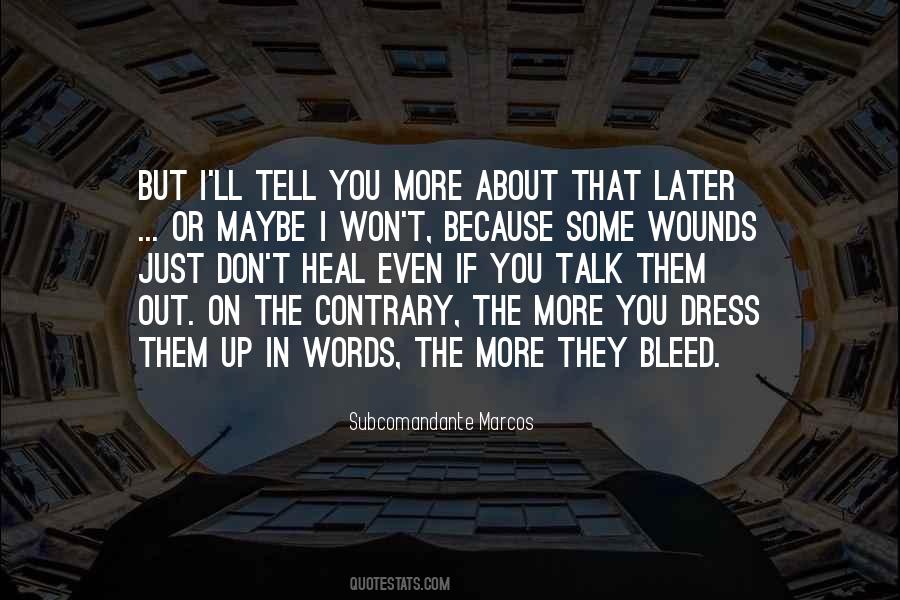
In some cases, you may need to turn in one or more additional forms to support your disability claim. You can ask for supporting statements from people like:Īny additional forms needed to support your claim
Talk to you later download#
Download royalty-free stock photos, vectors. These statements should be from people who know about, or who you’ve talked to about, your claimed medical condition and how and when it occurred. Search from thousands of royalty-free Talk To You Later stock images and video for your next project. shell love you much more later, if you don.
Go about your day and youll receive a text/call from him eventually. dont over analyze anything, youll put too much pressure on yourself. 2.) He has to do something really important and he will contact you later in the day. My mother told me, 'Shell be happy again shortly, and. It can mean two things: 1.) Hes bored with the conversation and doesnt want to talk to you. Tu peux a t tendre et en parler à quelquun quand tu seras prêt. Second single release from the album 'The Completion Backwards Principle' released by Capitol Records in 1981, peaking at 101 on the Billboard Hot 100 and. If you’re claiming a disability for an injury or illness that you don’t think we have in your military records, you’ll also want to upload statements that support your claim. You can talk to s om eone later, but only if you want to. You could include private medical treatment records, such as:

If you’ve seen a non-VA health care provider for diagnosis or treatment, you’ll need to upload copies of all medical records that can provide information about the disability you’re claiming. Talk to you later, gorgeous I can’t live without hearing your voice. If you don’t have copies of these records, you can ask us to request them for you as part of the claim process. Unique Ways to Say Talk To You Later I need my daily dose of you I need to go, but I’ll email you later Miss your face Bye for now Can’t wait to hear from you soon I’m so addicted to talking to you. Any treatment or personnel records from your National Guard or Reserve unit that support your claim (if you’ve served in either of these branches).



 0 kommentar(er)
0 kommentar(er)
